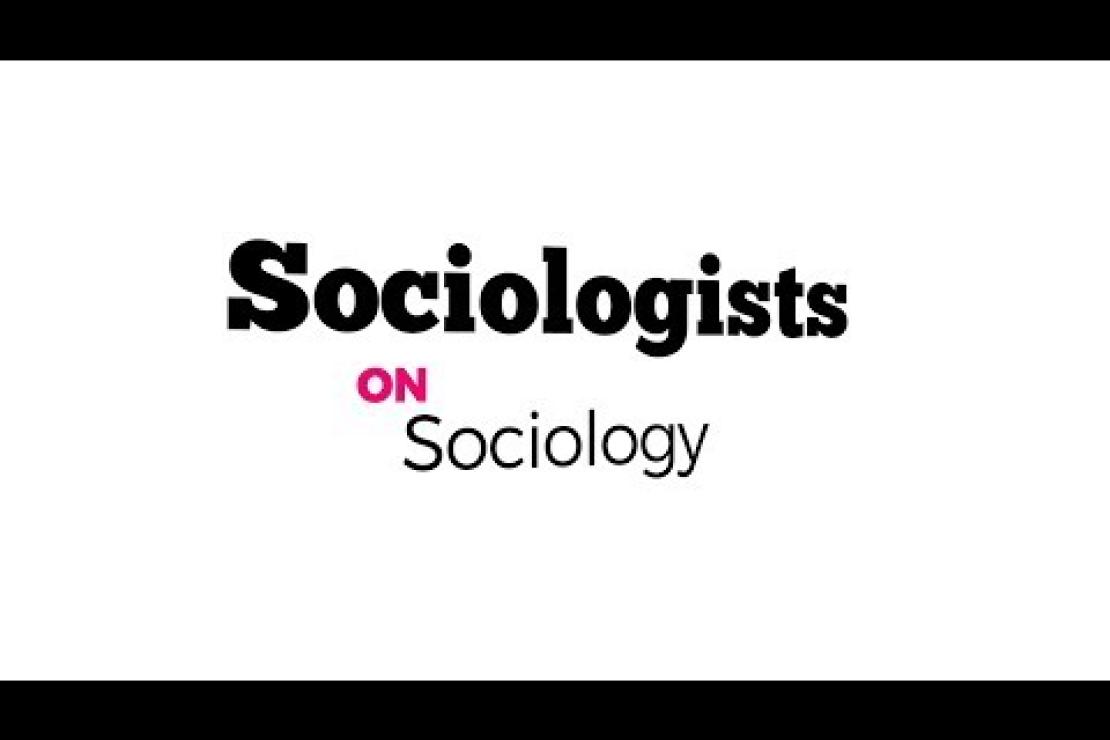What is Sociology?
Sociology at WLAC
Click below for more information about the Sociology program at WLAC.
SOC 001 Introduction to Sociology (3) UC/CSU
An introductory study of the basic concepts, theoretical approaches, and methods of sociology. Topics typically include the analysis and explanation of social structure, group dynamics, socialization and the self, social stratification, culture and diversity, social change, and global dynamics. Students will learn how to apply sociological ideas to everyday life. (GE Areas - CalGETC: 4J)
SOC 002 American Social Problems (3) UC/CSU
This course is an introduction to the causes, consequences, solutions and changing definitions of social problems. Examples of problems discussed are poverty, race relations, sexism, crime, drugs, environmental issues, and population problems. Identification and analysis of contemporary American social problems including: (1) the role of power and ideology in the definition of social problems, (2) their causes and consequences, (3) evaluations of proposed solutions, and (4) methods of intervention. Topics will vary. (GE Areas - CalGETC: 4J)
SOC 011 Race and Ethnic Relations (3) UC/CSU
This course examines racial and ethnic relations in the U.S., including how these relationships developed historically. It explores the social, political and economic forces that maintain or act to change these relationships as well as patterns of interaction between various racial and ethnic groups. (GE Areas - CalGETC: 4J)
SOC 031 Sociology of Gender (3) UC/CSU
This course is a sociological analysis of gender from both a micro and macro level perspective. This analysis will include the role of gender in socialization, cross-cultural expectations, interpersonal interactions, its expanding definition and the gender hierarchy. A particular emphasis is placed on the political, social and economic status of various genders from an intersectional perspective. (GE Areas - CalGETC: 4)
SOC 050 Introduction to Social Justice Studies (3) UC/CSU
This course provides an introduction to principles and theories of social justice. Students will be introduced to key concepts, methodologies, and policies connected to the field of social justice studies. The course examines the dynamics of 1) power and privilege, 2) prejudice and discrimination, and 3) interlocking systems of oppression. It also explores forms of resistance and processes of empowerment through the examination of various social movements throughout U.S. history.
Meet with a WLAC counselor to decide which courses meet your academic and personal needs. You can meet one-on-one with counselors either on-campus or virtually. Consult the Counseling Center’s website for hours and days of operation. Counseling appointments may be made through one of the following:
- On-Line Counseling webpage.
- counseling hours for individual counselors can be found on this page
- you may select a specific counselor or the next available
- Through email at wlac-cnseldsk@laccd.edu
- Using the on-line counseling request form
- In person at the Counseling Front Desk located in SSB 350.
- By calling the Counseling Center directly at (310) 287-7242.
Programs Offered
- Associate Degree: Major Code 2208.00
- Degree/Certificate Requirements
Associate of Arts for Transfer Degree (AA-T)
The Associate of Arts in Sociology for Transfer degree includes coursework that aligns with specific lower-division major requirements for the Sociology major at various universities within the University of California (UC) and California State University (CSU) systems. Students interested in transferring to a four-year college or university with a major in Sociology or a related major may also consider the Associate of Arts degree in Liberal Arts and Sciences (Behavioral and Social Sciences emphasis). Students are encouraged to visit the Transfer Center for complete information regarding transfer requirements for the institution of their choice. Students interested in transfer are also encouraged to consult the Counseling Office for individualized educational planning.
To earn an Associate Degree for Transfer, students must meet the following requirements: 1) Completion of 60 semester units or 90 quarter units of degree-applicable courses, 2) Minimum overall grade point average of 2.0, 3) Minimum grade of "C" (or "P") for each course in the major, and 4) Completion of IGETC and/or CSU GE-Breadth.
Associate of Arts Degree (AA)
The Associate of Arts degree in Sociology prepares students to pursue a bachelor's degree in sociology. Students interested in transferring to a four-year college or university with a major in sociology may also consider the Associate of Arts in Sociology for Transfer degree. Students pursuing this degree are encouraged to meet with a counselor to develop and align a Student Educational Plan.
Victor P. Corona teaches courses on introductory sociology, gender, and culture at West. As a first-generation college student and immigrant, he is excited to work with students from diverse backgrounds and help them succeed at West and beyond. Born in Mexico City, he earned a B.A. at Yale University and a Ph.D. at Columbia University, both in sociology. He is also author of Night Class: A Downtown Memoir, a finalist for the Lambda Literary Award and currently in development as a feature film. He lives in West Hollywood, California.

|
|
Tiffany Lanoix teaches classes on racial and ethnic relations, social problems, social justice, and similar subjects. She earned her bachelor’s degree in Sociology from CSU Dominguez Hills in 2003, then completed her Master’s in Sociology at UC Irvine in 2005. As a first-generation college student herself, she understands the unique challenges, uncertainties, and triumphs that many WLAC students navigate. Professor Lanoix credits the mentorship of her own professors as instrumental to her academic success and she is passionate about paying this gift forward. Her teaching methodology is rooted in culturally responsive practices and a commitment to equity. Professor Lanoix believes in meeting students exactly where they are by honoring their diverse backgrounds, experiences, and learning styles while providing them with the critical thinking tools and academic resources necessary to achieve their goals. |
This video below, “Sociologists on Sociology”, is a primer on a discipline that studies many of the major issues confronting American society. As one respondent puts it: “So much of what is going on with our political climate and the rhetoric right now is all about talking about individual people or individual communities. The reality is, these are collective problems that have structural bases.” From sexuality to criminology and from religion to the family, sociologists are investigating and reporting on the most sensitive problems confronting American society.

